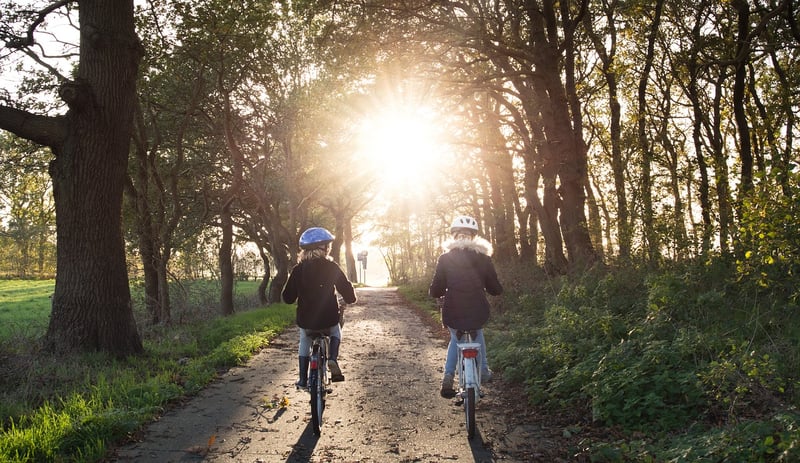Safety precautions
Prepare for Your Adventure: Safety Precautions and Tips
Introduction
Embarking on an adventure can be exhilarating, but ensuring your safety should be a top priority. Whether you're hiking in the wilderness, backpacking through a foreign country, or exploring a new city, taking the necessary precautions can make your experience more enjoyable and secure. Here are some essential safety tips to consider before setting off on your next adventure.
1. Research and Plan Ahead
Before you depart, research your destination thoroughly. Understand the local customs, culture, weather conditions, and any potential risks. Plan your itinerary, including transportation, accommodations, and activities. Share your plans with a trusted friend or family member.
2. Pack Wisely
Make a packing list of essential items such as first aid kit, medications, appropriate clothing, maps, and navigation tools. Pack light but ensure you have everything you need for emergencies. Include a portable charger for your devices and a flashlight.
3. Stay Hydrated and Nourished
Carry an adequate supply of water and snacks to stay hydrated and energized during your adventure. Be mindful of food safety practices, especially in unfamiliar locations. Avoid consuming uncooked or contaminated food and beverages.
4. Stay Connected
Keep your phone charged and carry a backup power source. Save emergency contacts and local authorities' numbers. Consider investing in a travel SIM card or an international data plan for seamless communication while abroad.
5. Be Aware of Your Surroundings
Stay vigilant and aware of your surroundings at all times. Trust your instincts and avoid risky areas or situations. Be cautious of strangers offering unsolicited help or deals that seem too good to be true.
6. Follow Safety Guidelines
Observe local safety guidelines and regulations, especially when engaging in adventurous activities like hiking, water sports, or extreme sports. Wear appropriate safety gear and follow instructions from experienced guides or instructors.
7. Emergency Preparedness
Know the emergency procedures of your destination, including the nearest hospitals, police stations, and embassies. Carry essential documents like identification, travel insurance details, and emergency contact information in a secure place.
Conclusion
By taking proactive safety measures and being prepared, you can make the most of your adventure while minimizing risks. Remember that safety should always come first, allowing you to enjoy your travels with peace of mind.
Stay safe and have a fantastic adventure!



 Additional Travel Safety Tips from Red Cross
Additional Travel Safety Tips from Red Cross
